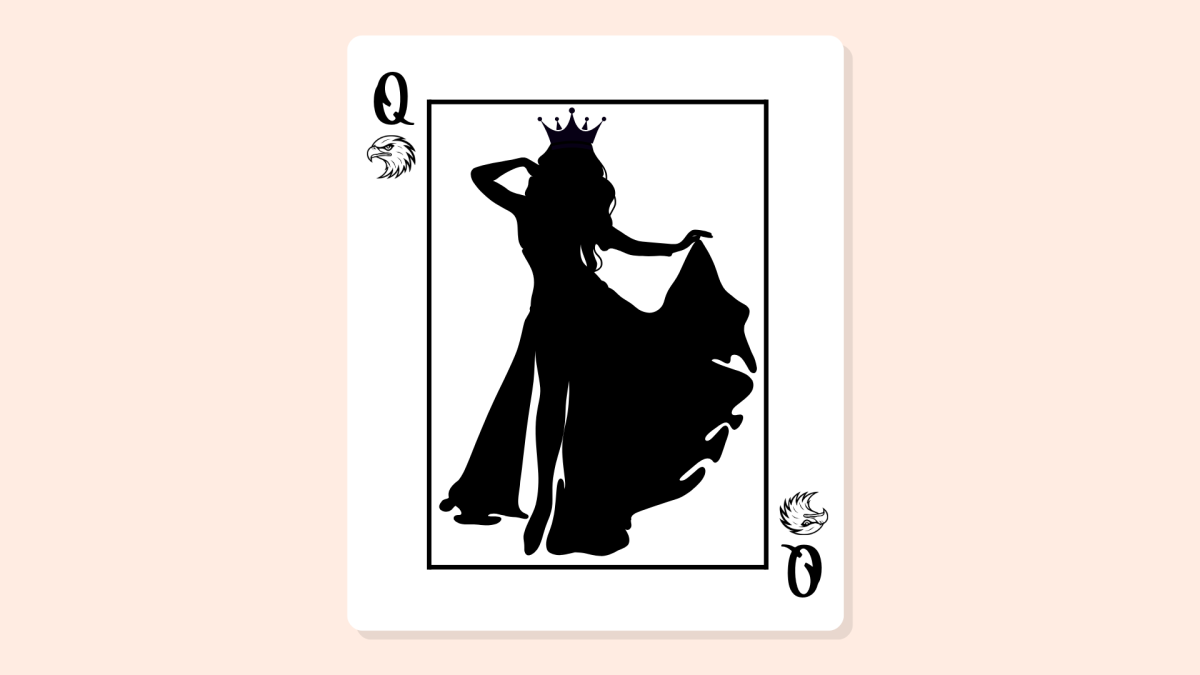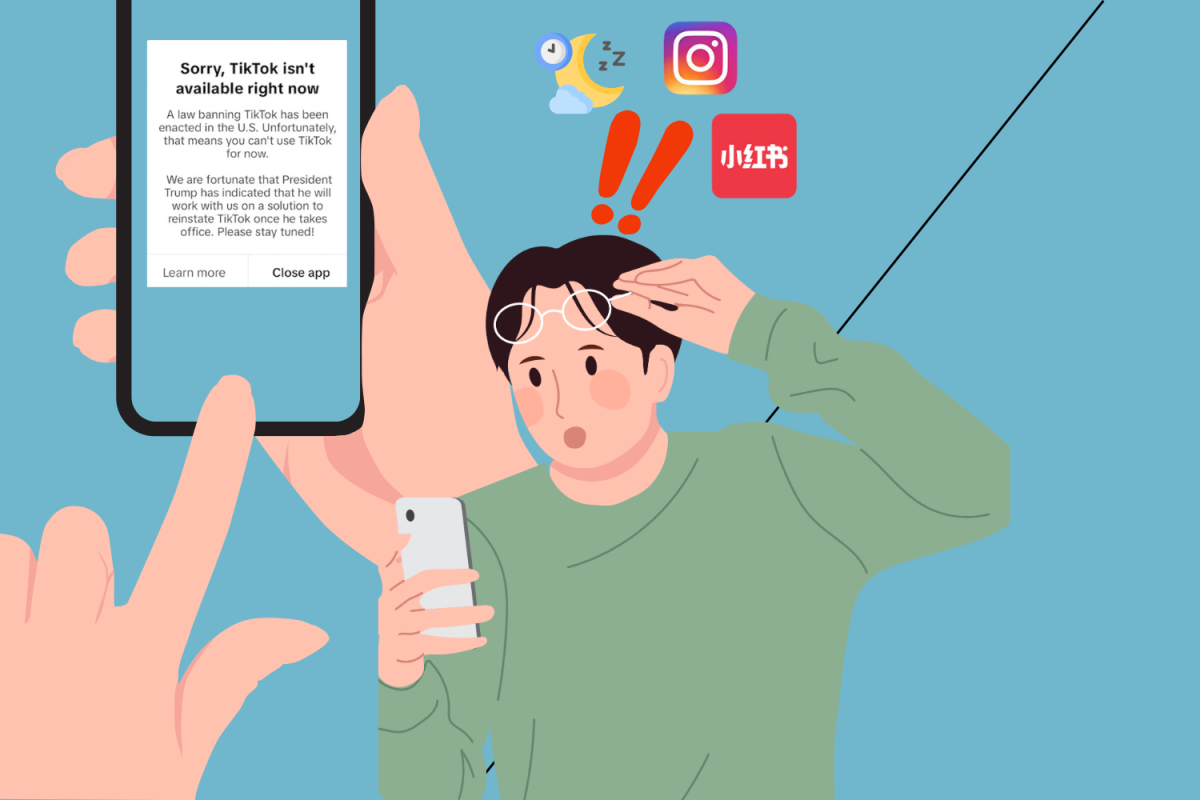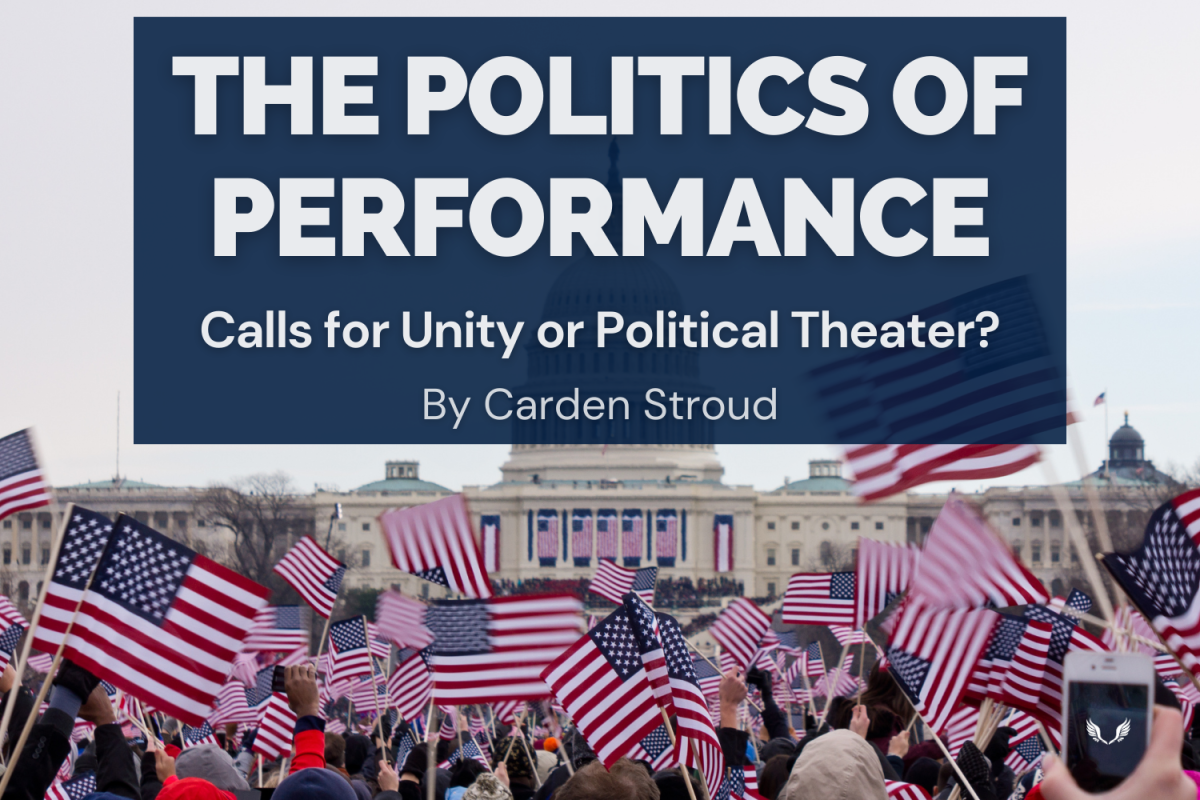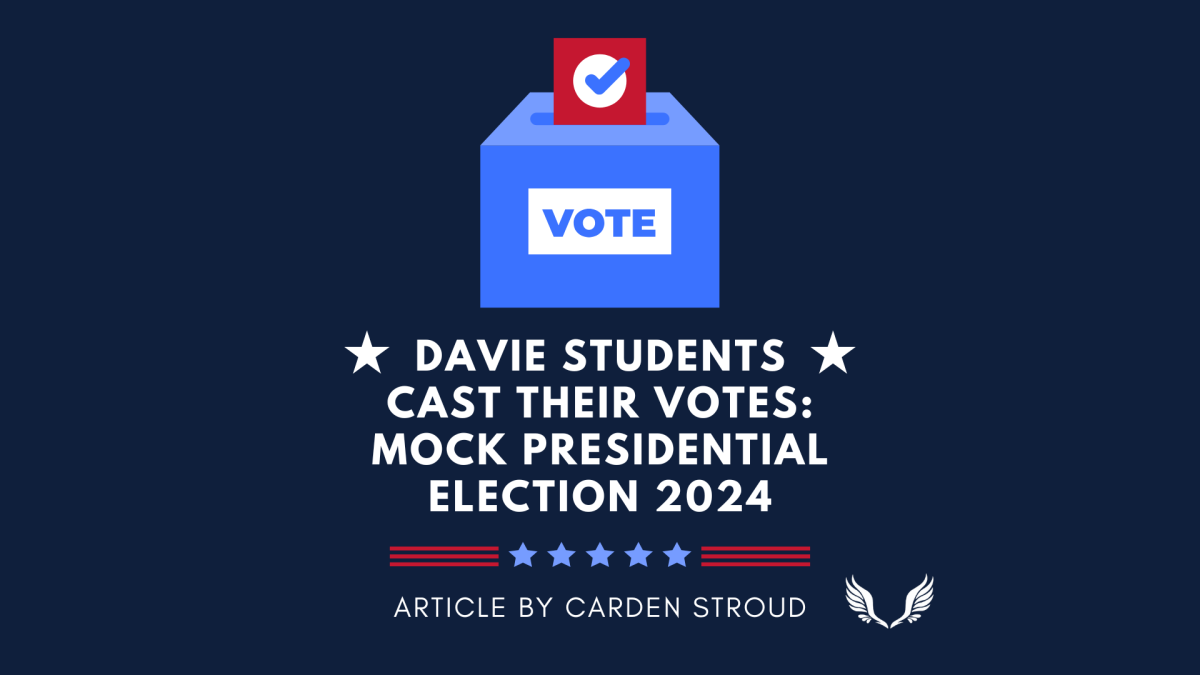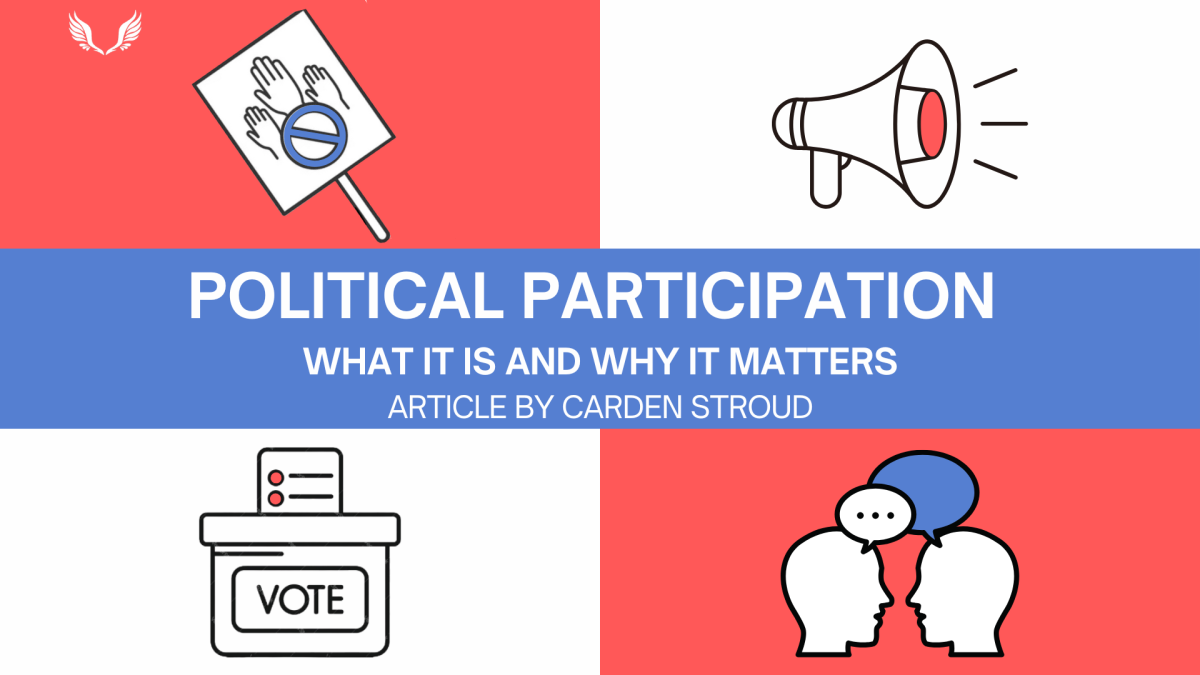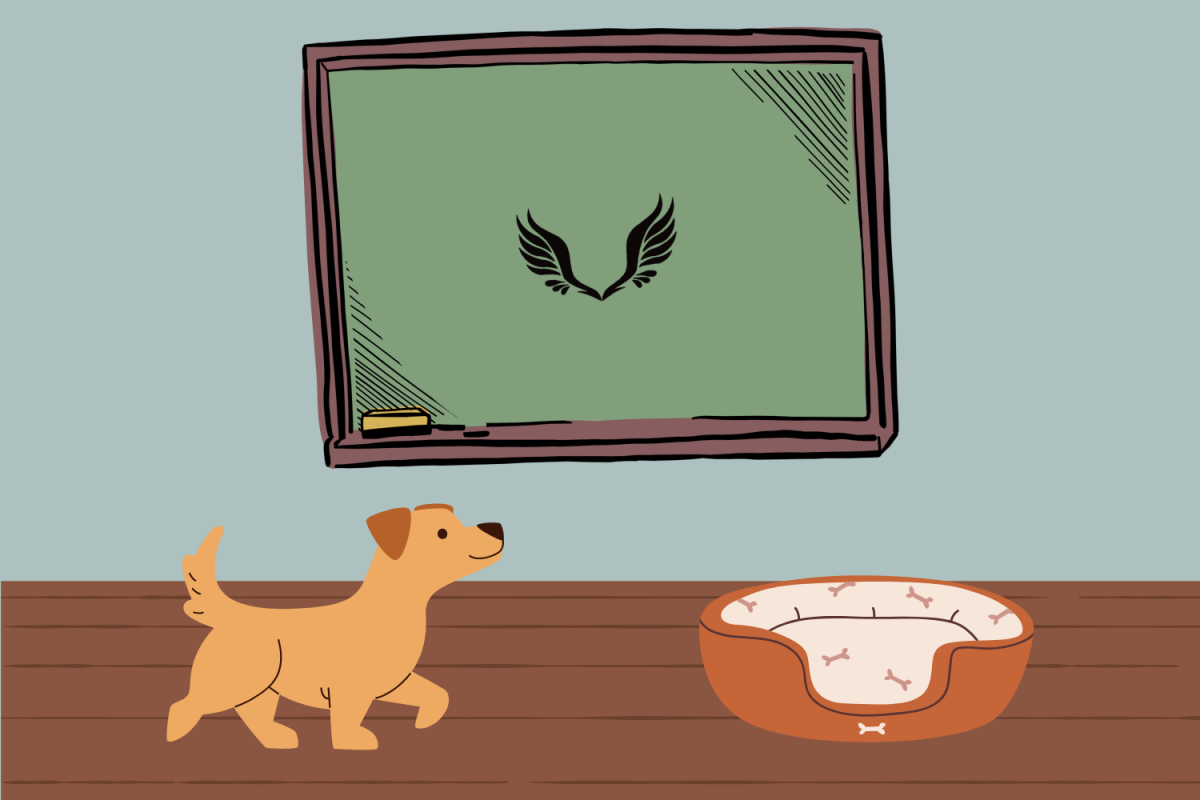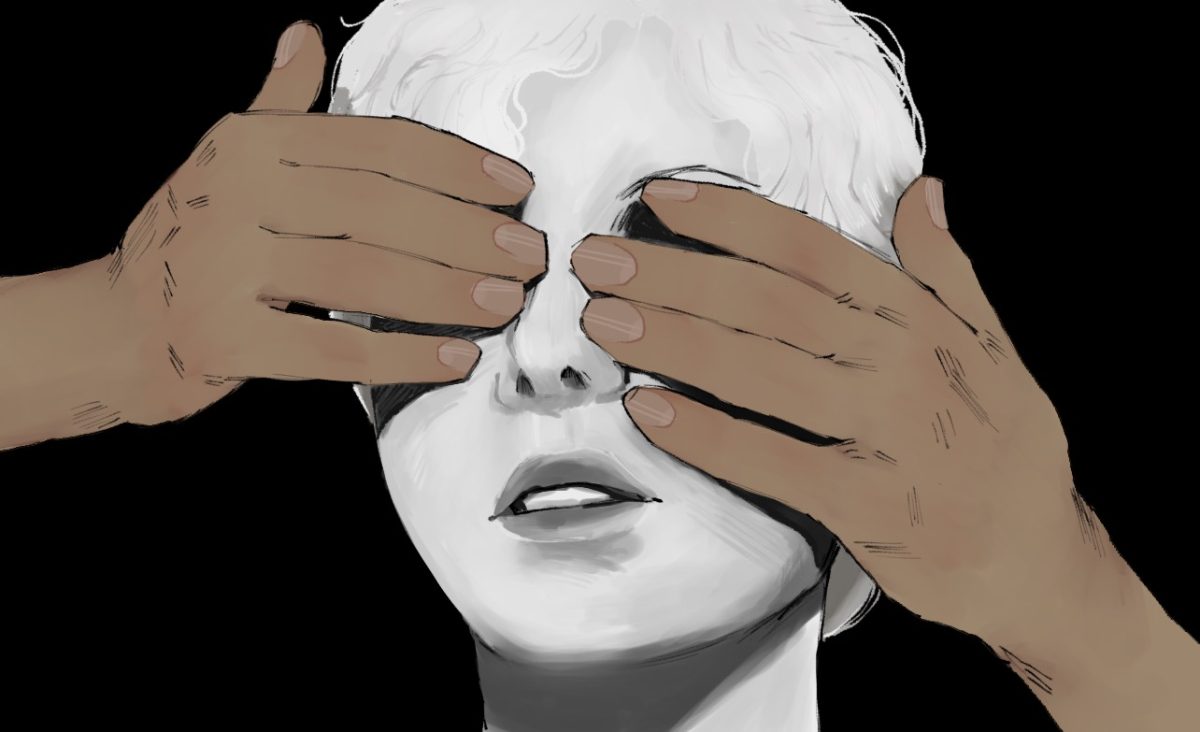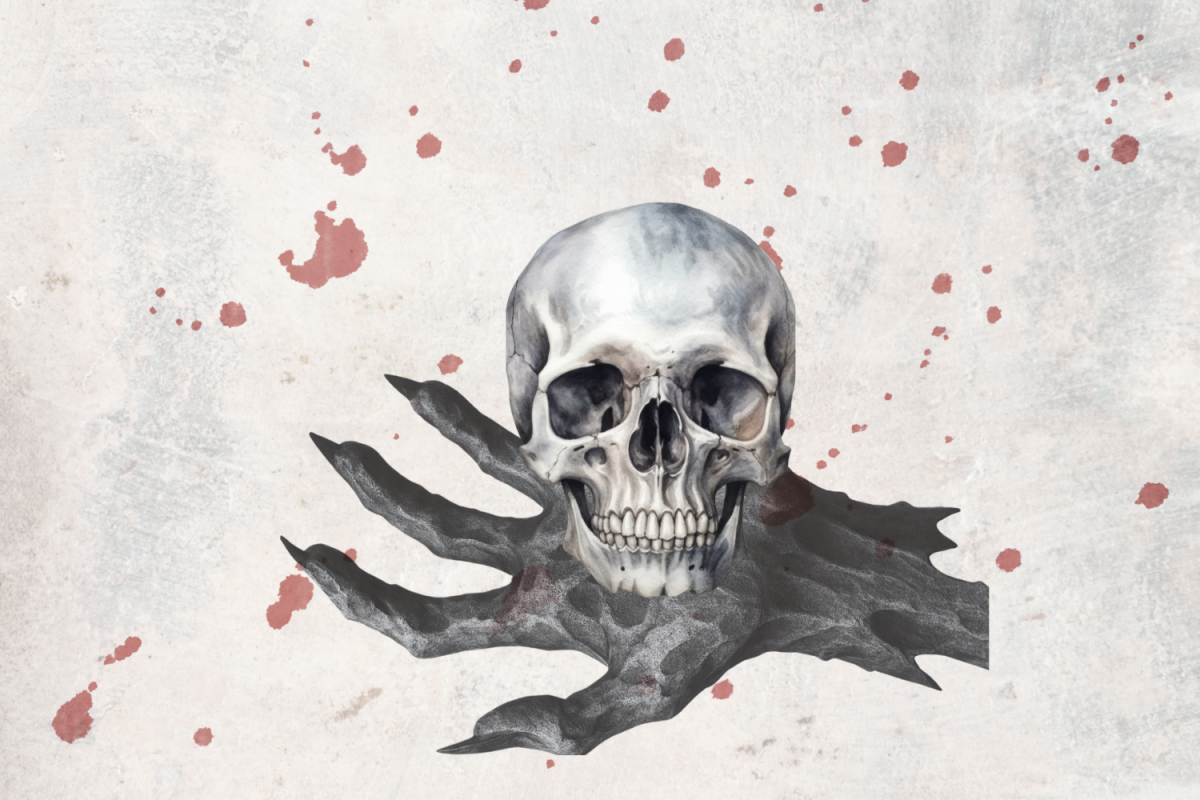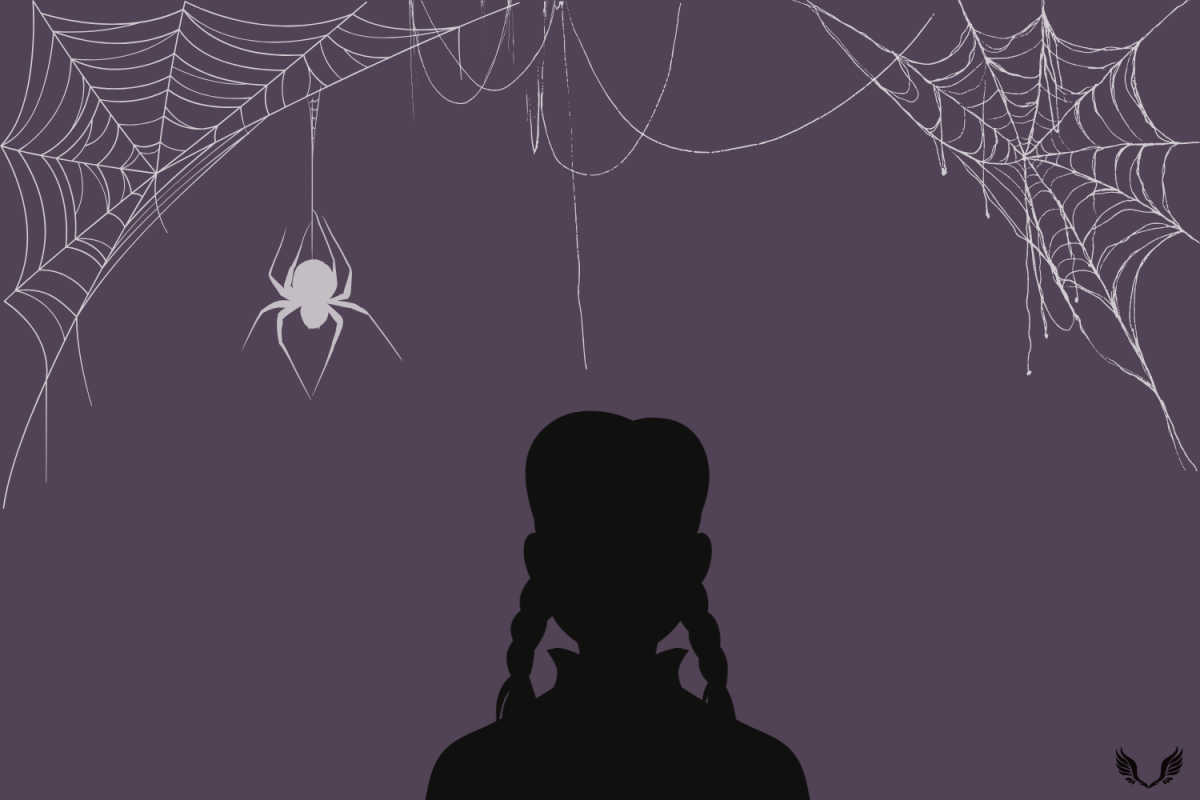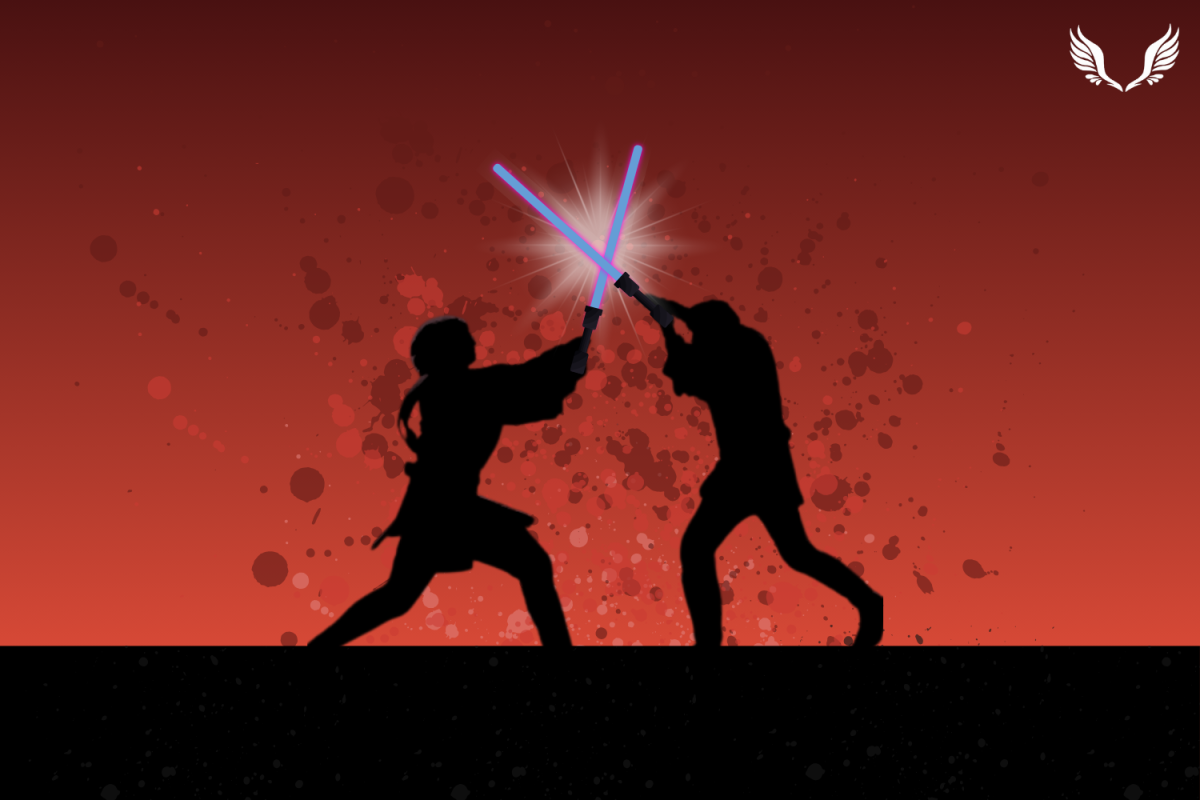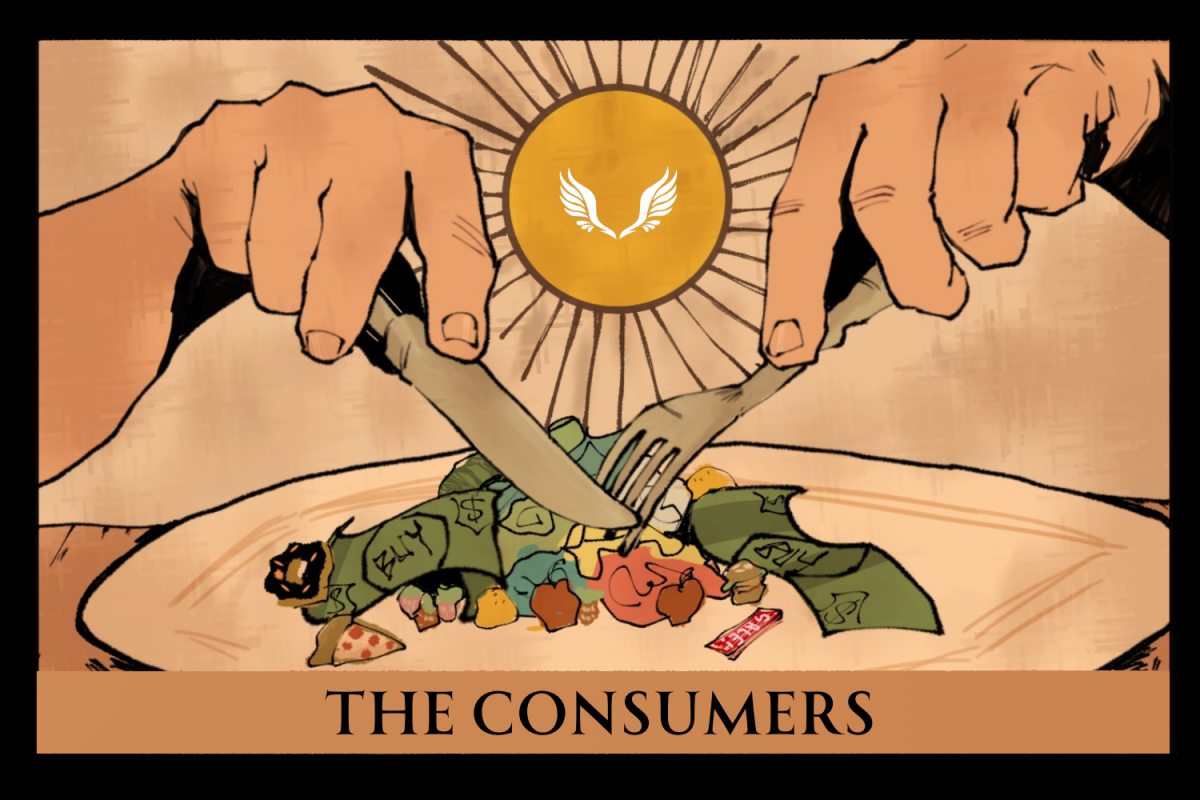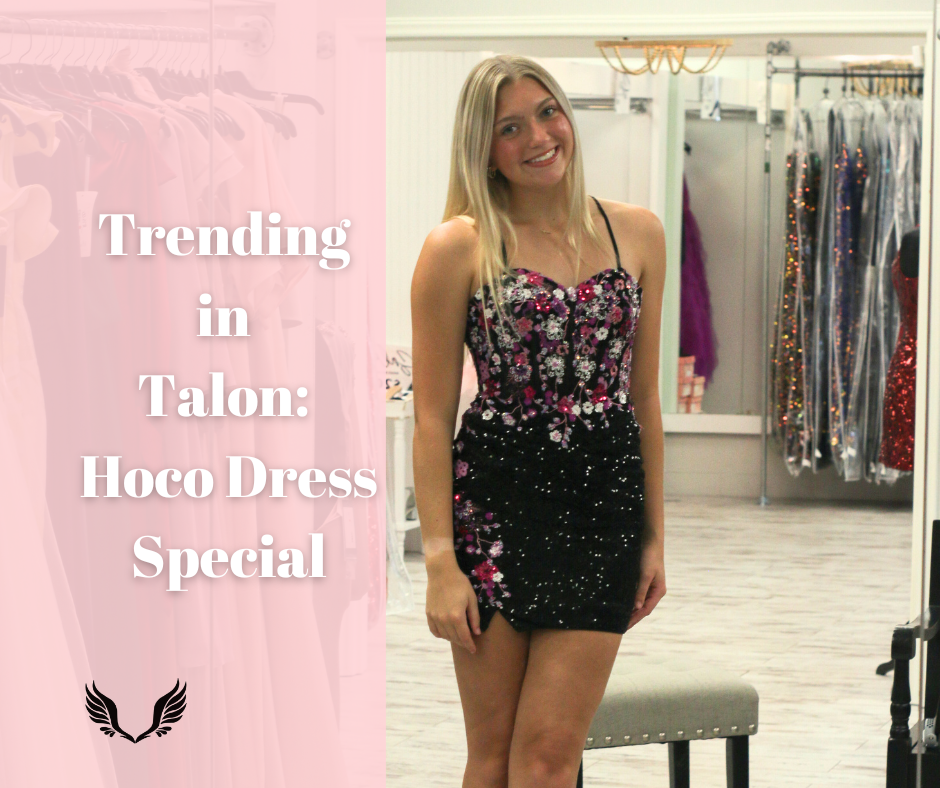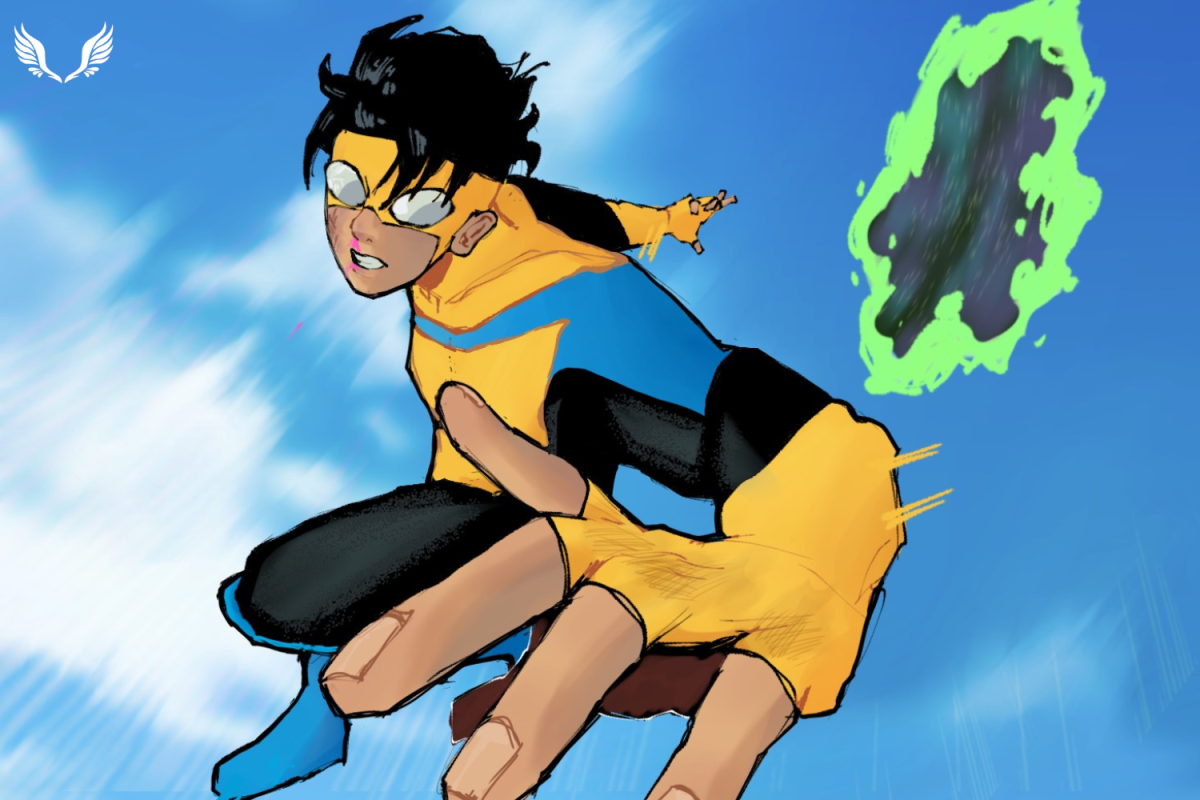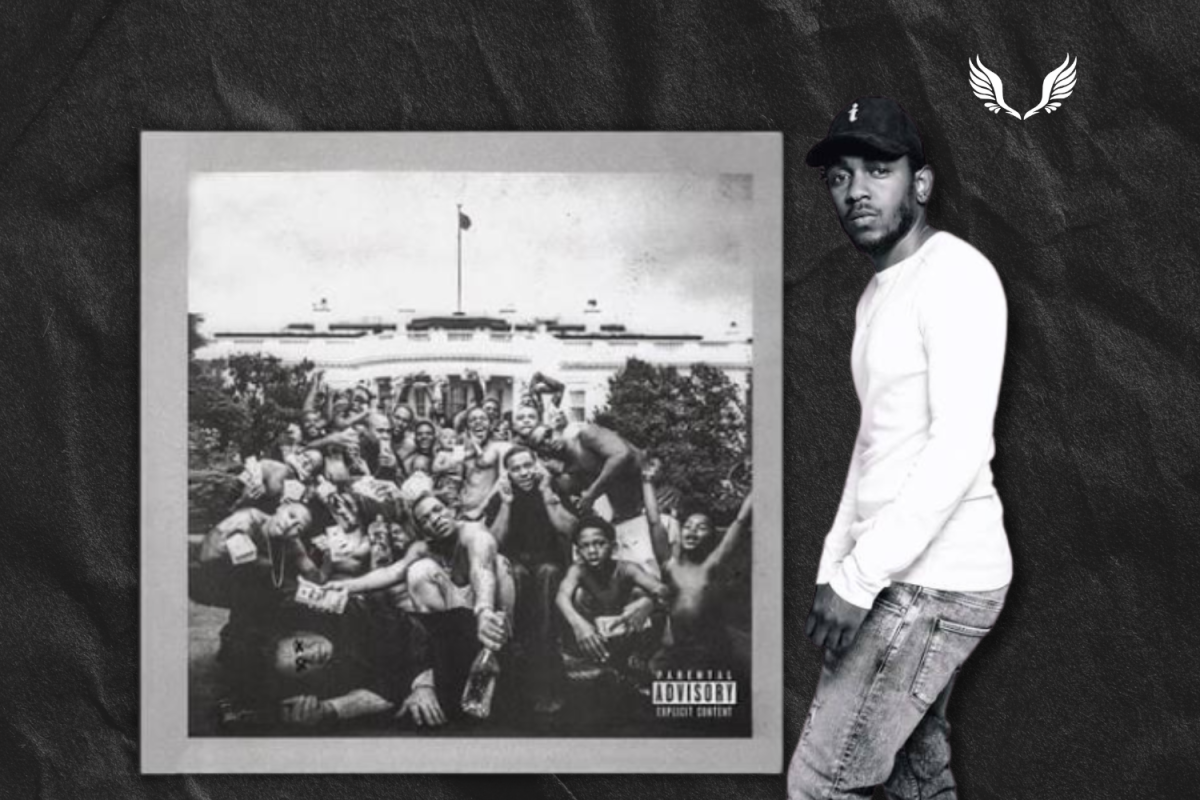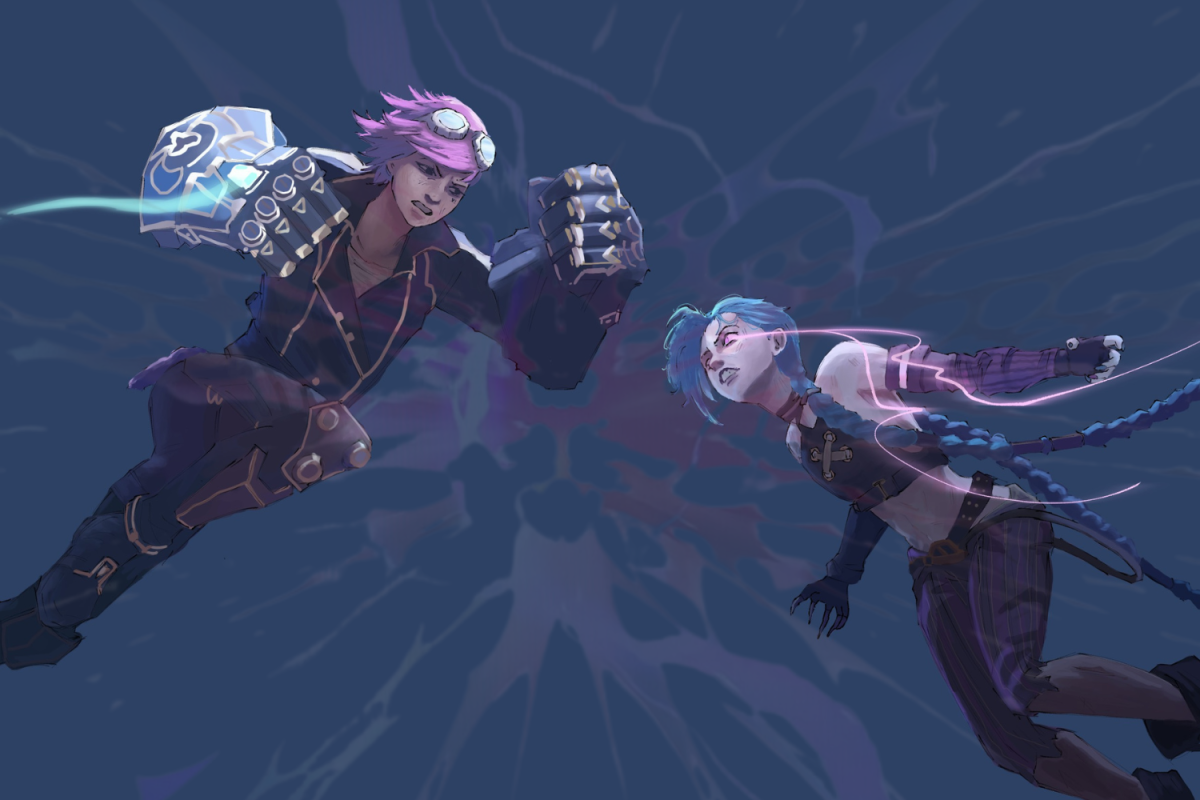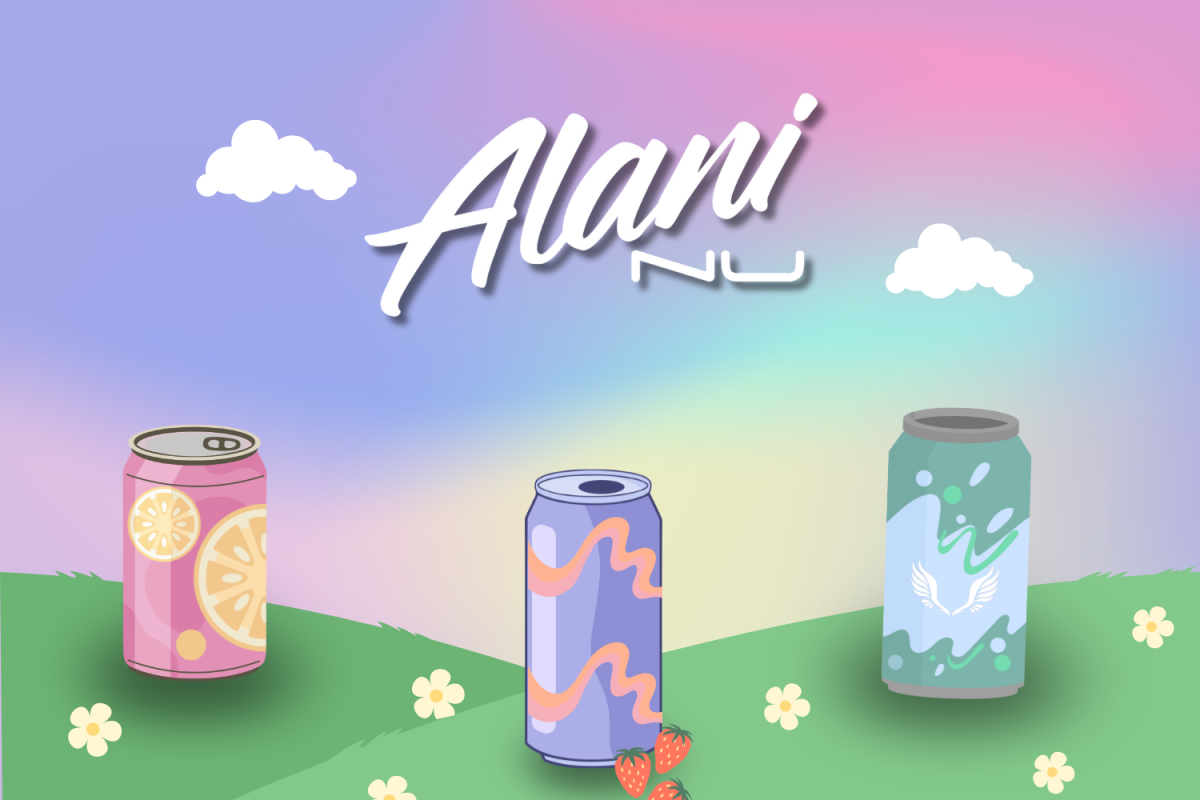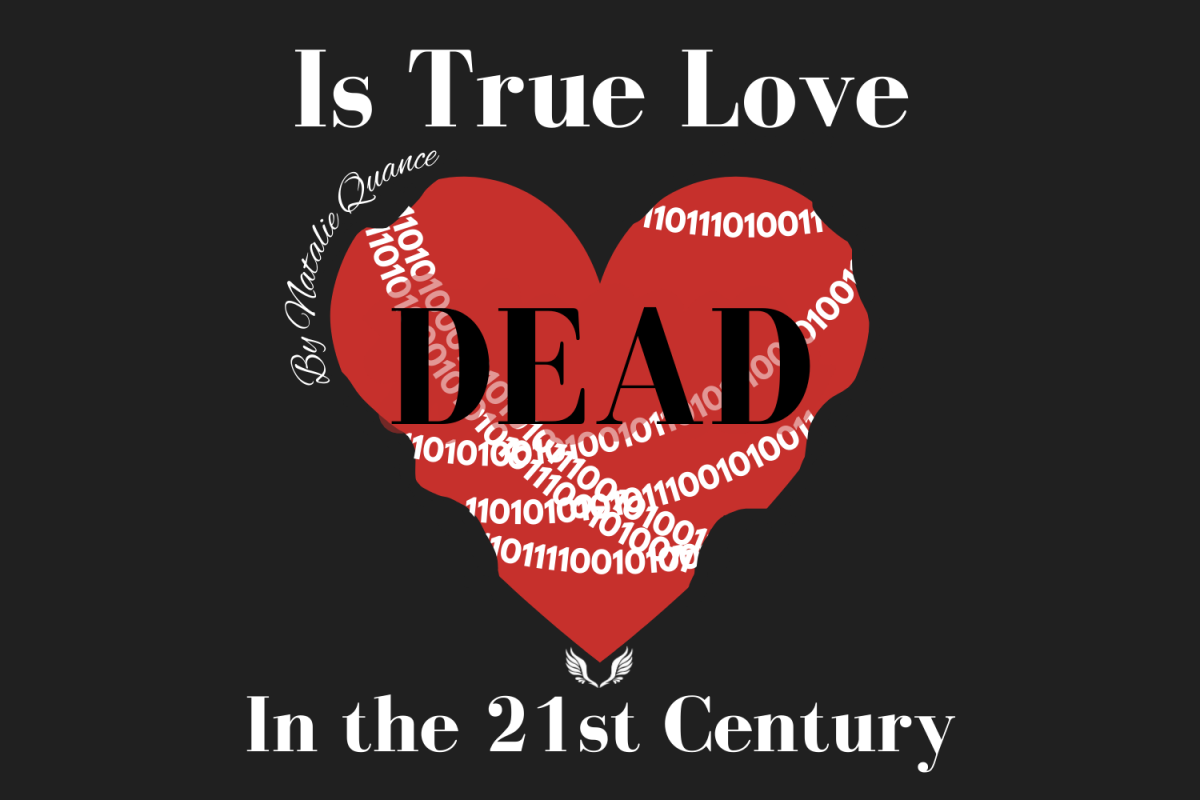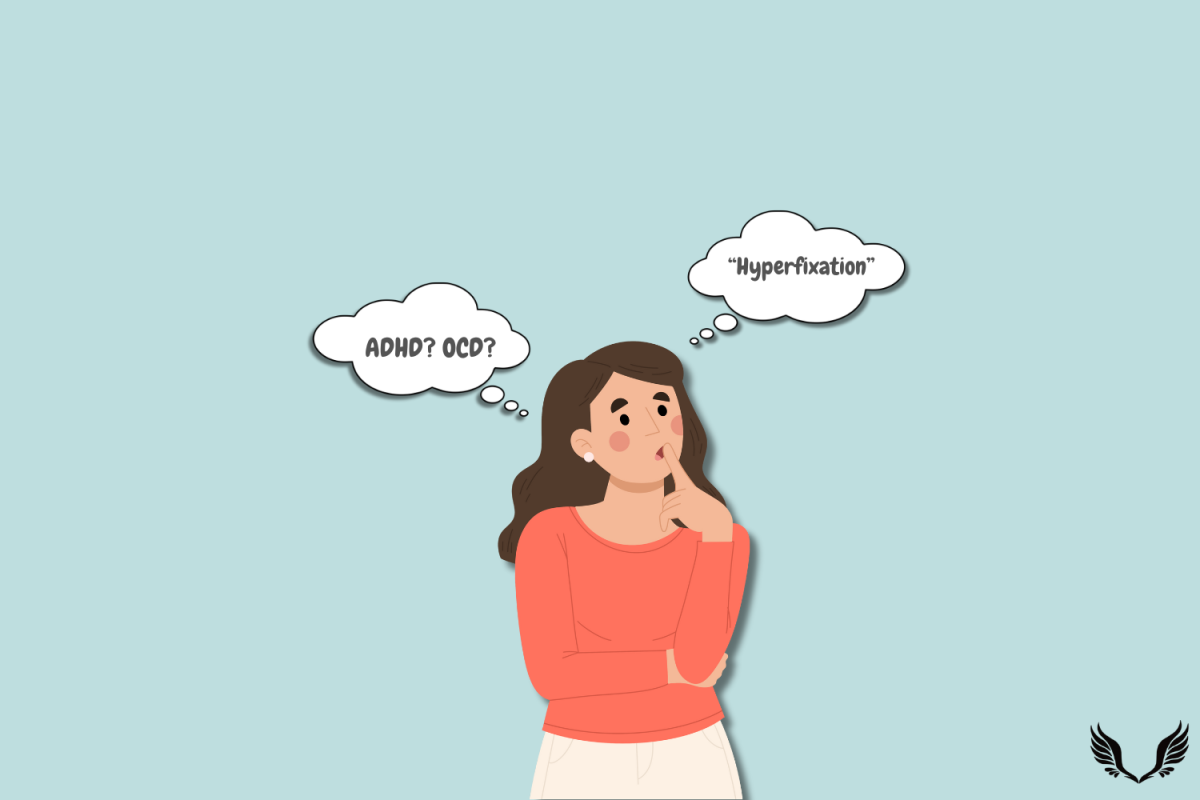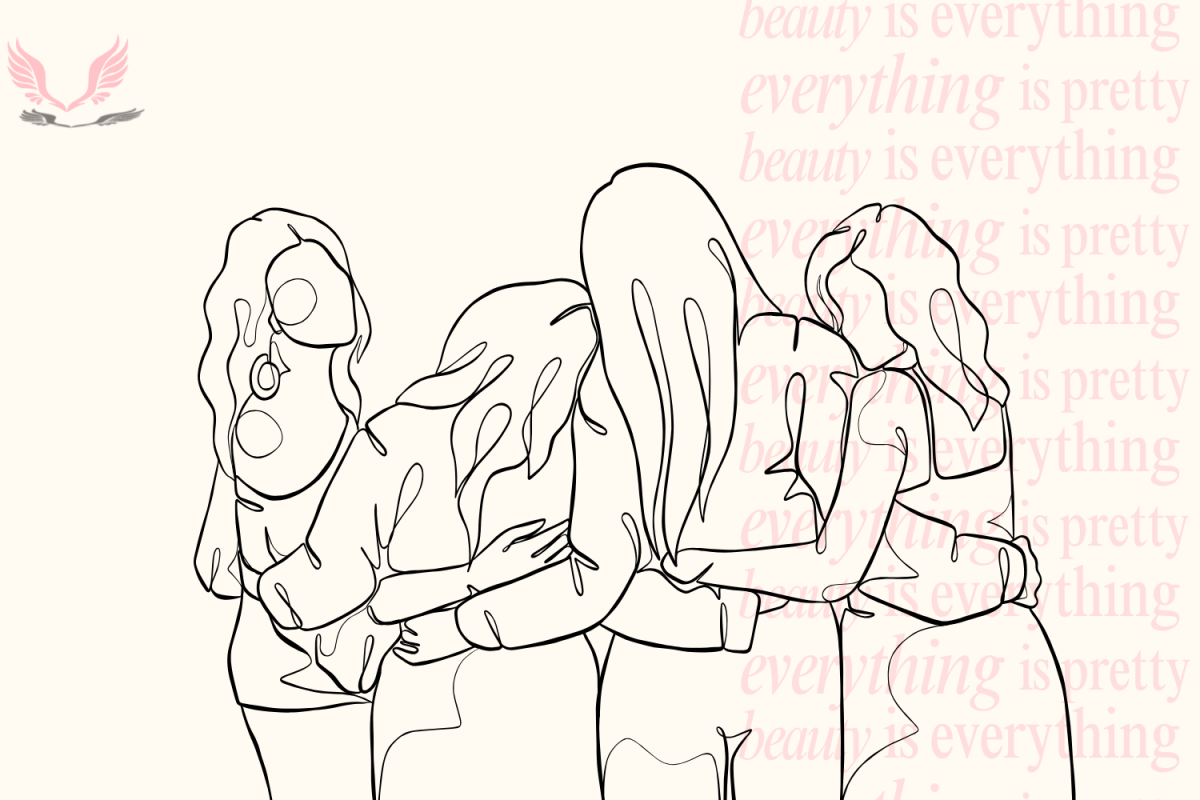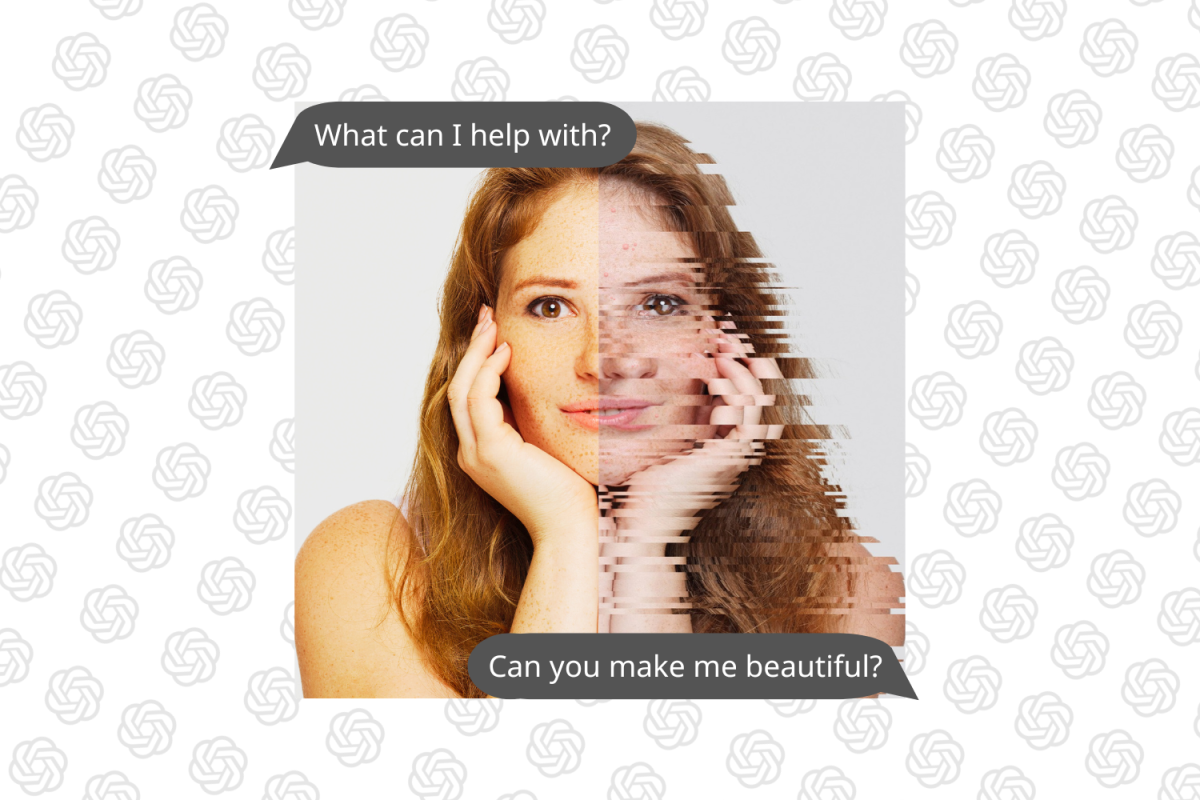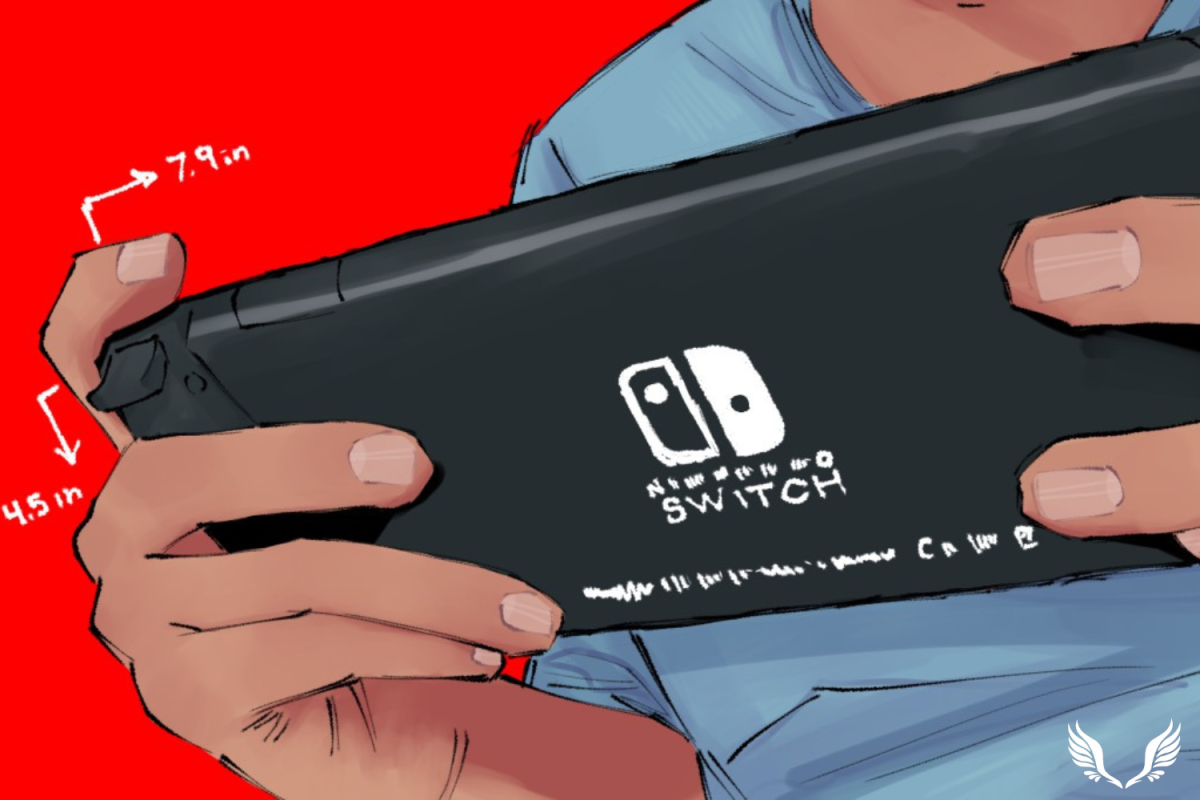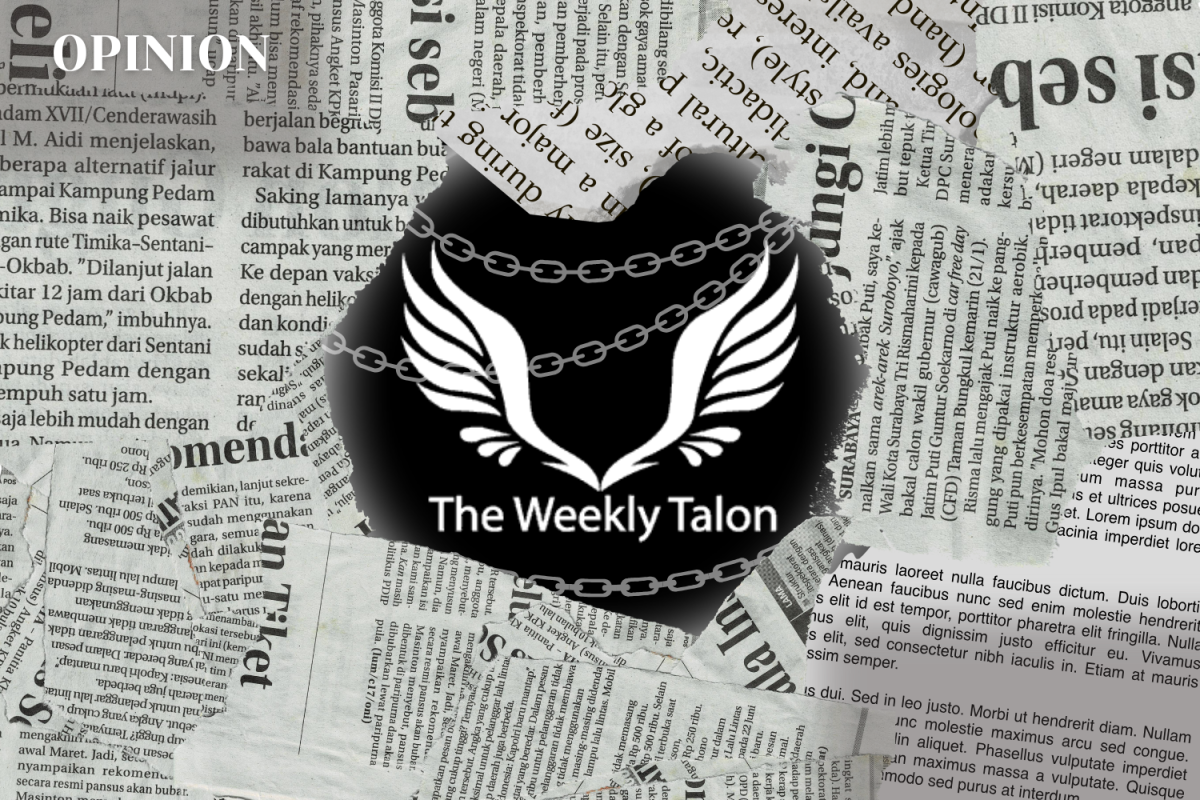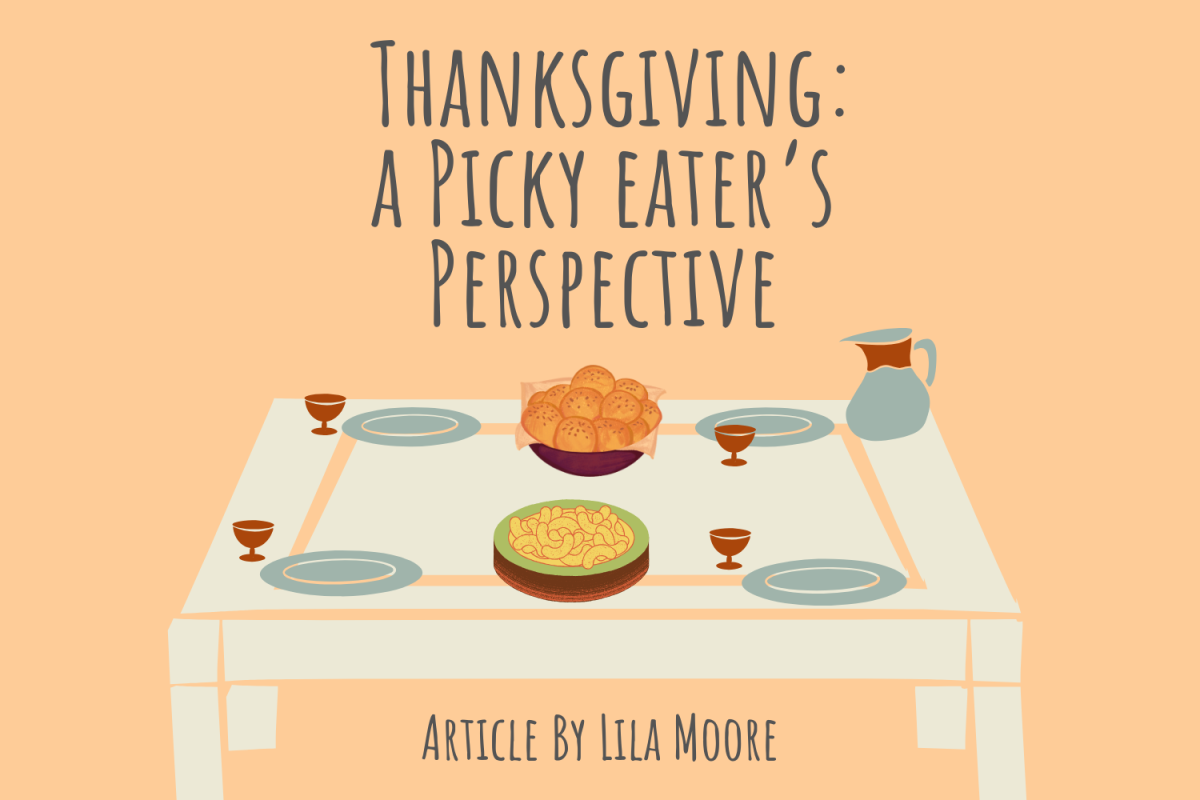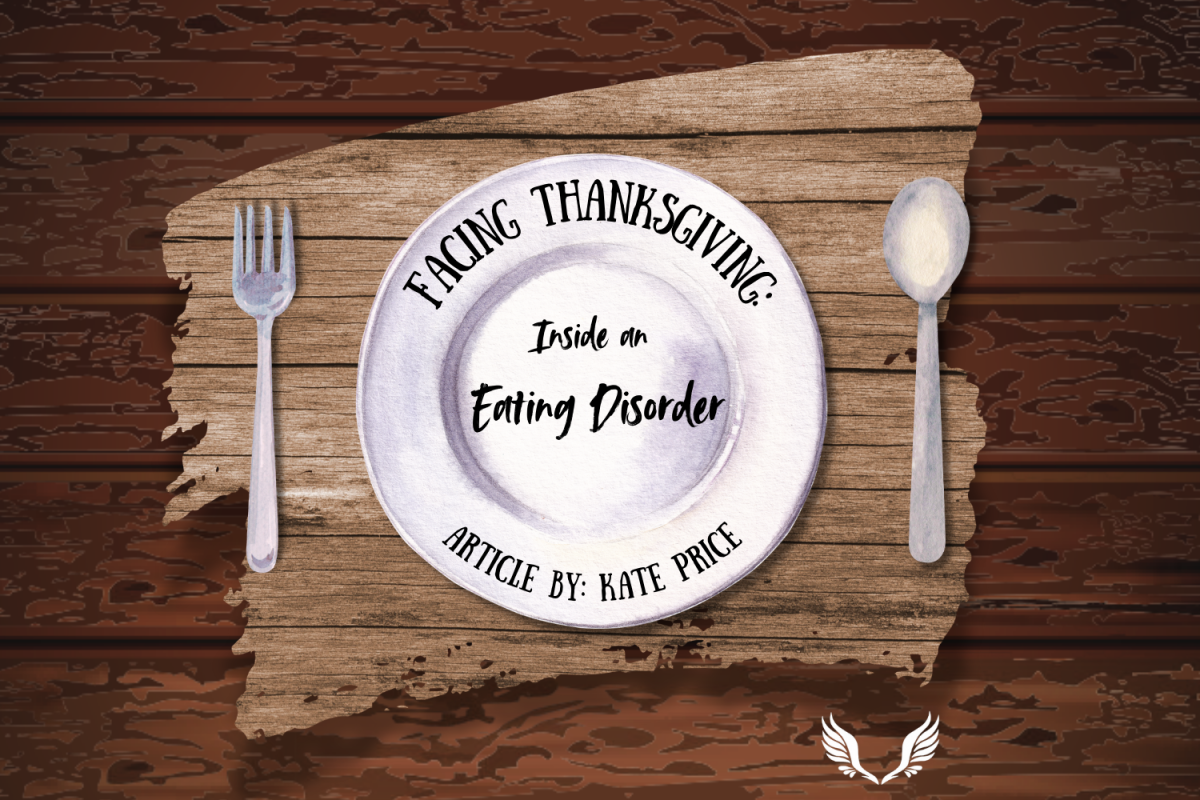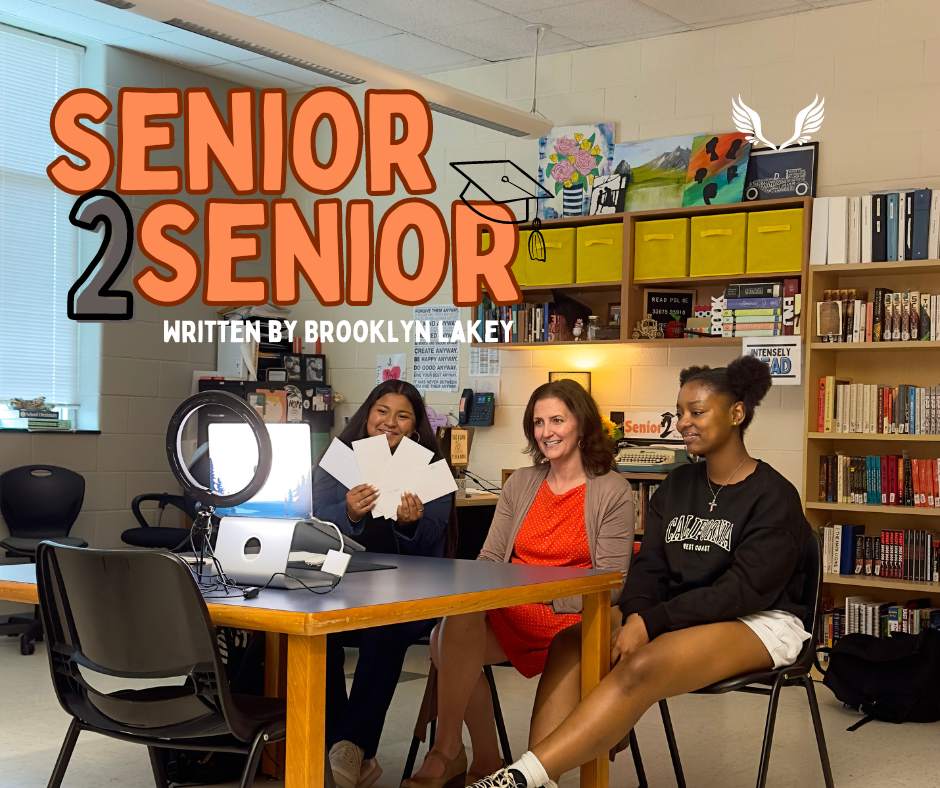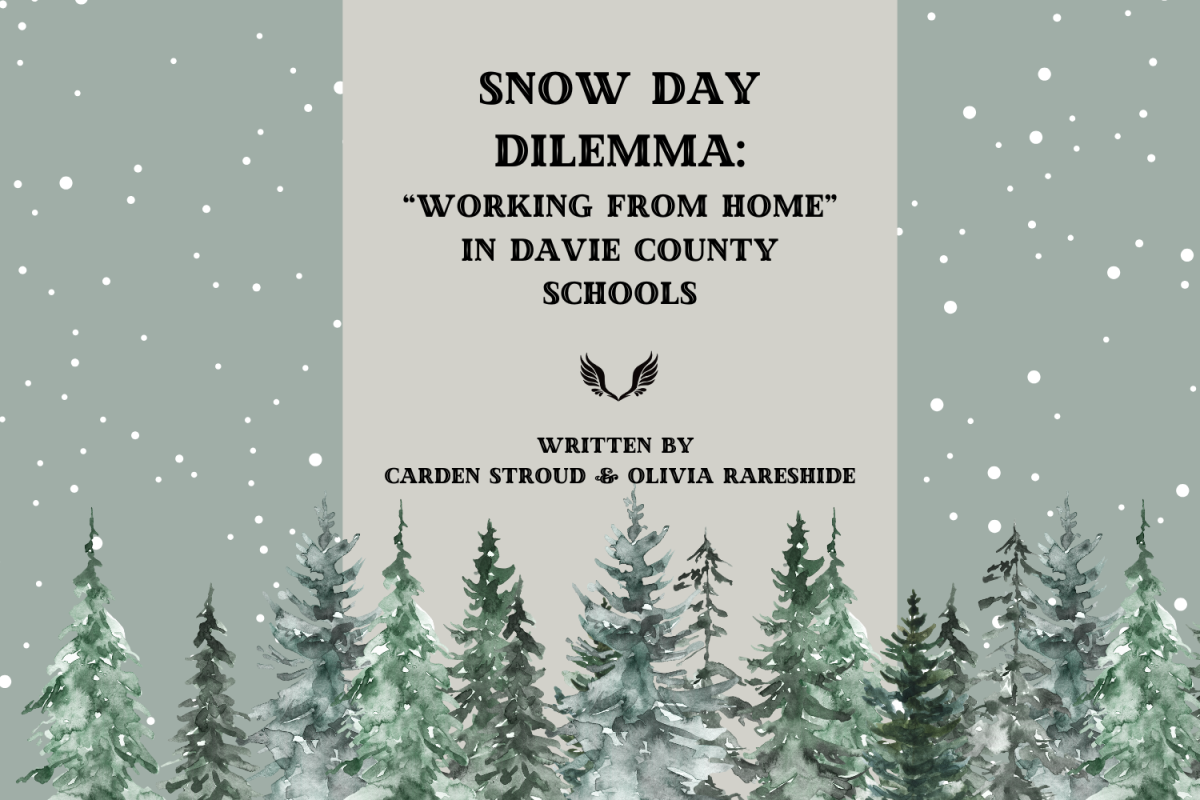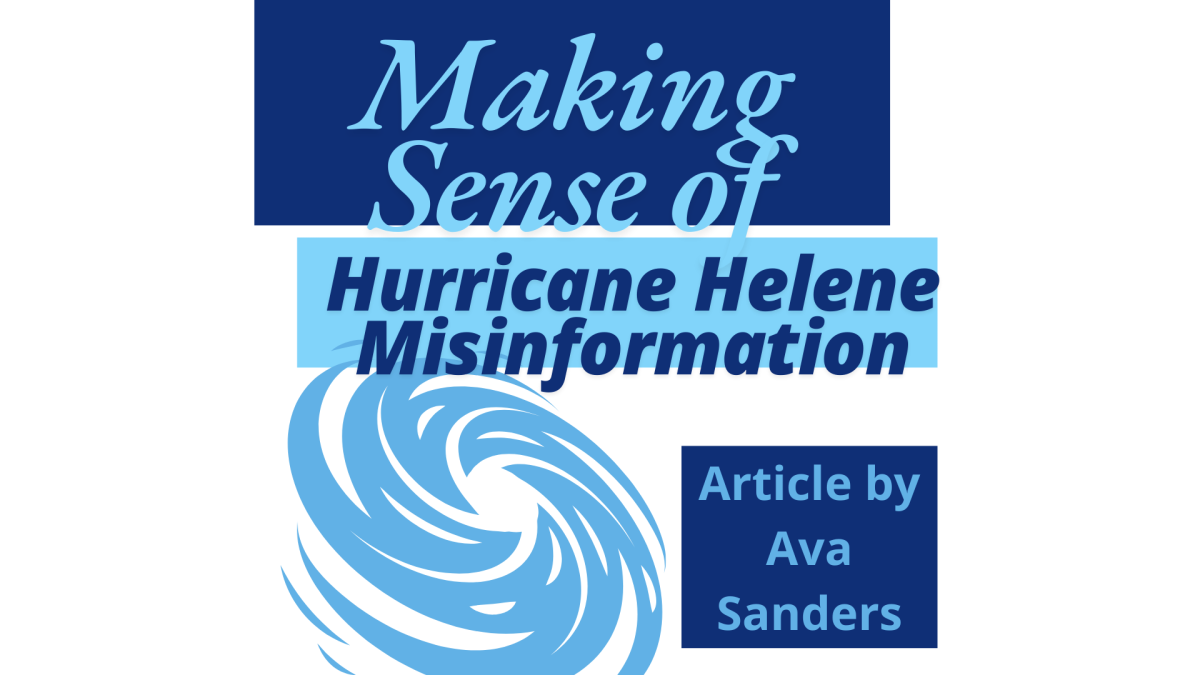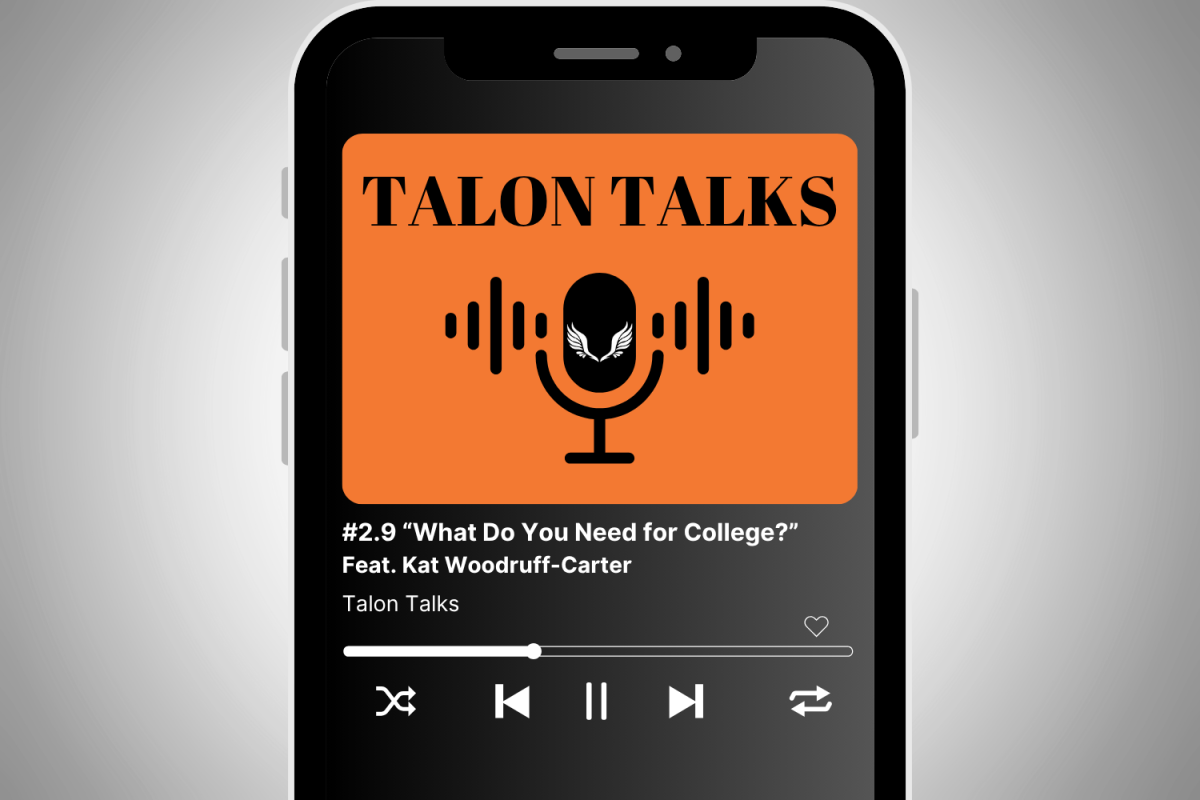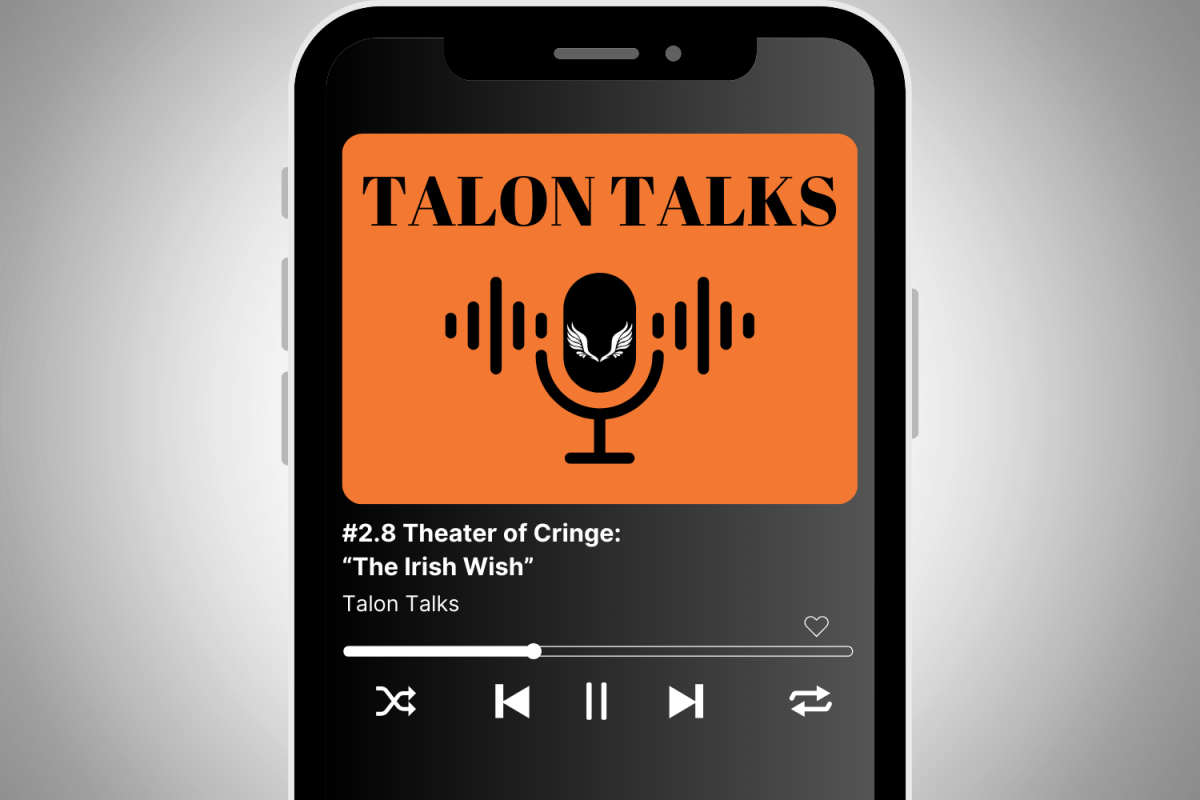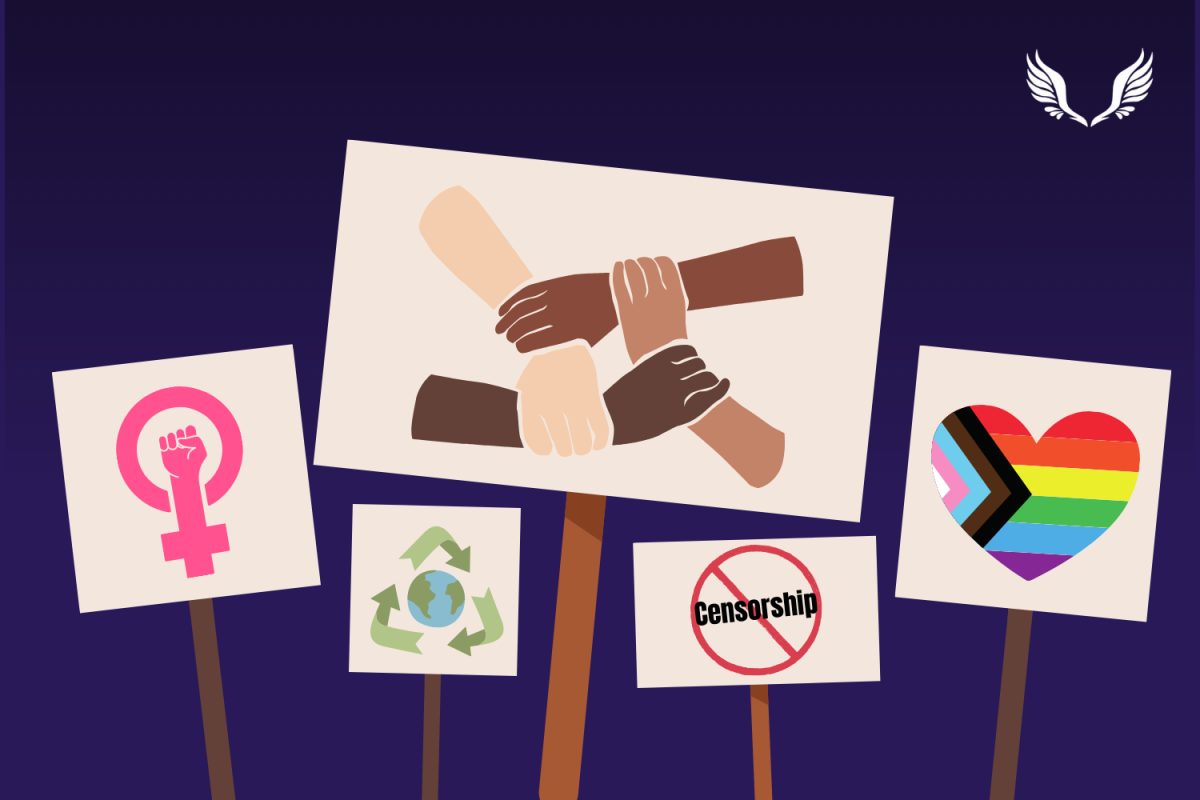Just a few swipes on TikTok and suddenly everyone’s got “the tism,” a self-diagnosed “ADHD brain,” or is “too OCD” to let their college roommate move the tupperware. When it comes to discussions around neurodivergency, these phrases are tossed into punchlines as casually as emojis—but is this phenomenon genuine awareness or just another meme?
Reception as a Weapon
In 2019, psychologists Michael Thai, Alex M. Borgella, and Melanie S. Sánchez published a study that revealed a surprising twist in comedy dynamics. Across three studies, they discovered that disparaging jokes are more warmly received when they’re told by someone from the group being mocked as opposed to an outsider.
Across these experiments, people rated disparaging jokes as funnier, more acceptable, and less offensive, but almost exclusively when the joke came from someone sharing the target identity. A gay person telling a joke about gay people might come across as funny, but when someone who doesn’t fit that identity wears the jester’s hat, they risk alienating their audience and deepening divides.
Psychologists call this the “intergroup sensitivity effect:” basically, a joke doesn’t sting as much when it comes from someone inside the group. But on social media, those traditionally visible lines of intergroup and intragroup are blurred. For example, it’s impossible to tell if an Instagram commenter who made a “tism” joke is neurodivergent.
Because we don’t really know each other online, the Internet has a split personality: it can fuel bigotry and misinformation, but also connection and support. That distance makes some people reject these jokes outright, but for others, it normalizes both the jokes and the not-so-funny stereotypes hiding inside them.
Ford and Ferguson leaned into this idea in their 2004 Personality and Social Psychology Review “prejudiced norm theory.” Their theory posits that disparagement humor “creates a normative climate of tolerance of discrimination,” contributing to the broader impact of discrimination.
And the problem isn’t just jokes—it’s the misinformation that this normalization phenomenon breeds. A study published in PLOS, a peer-reviewed journal, found that less than half of the ADHD advice from popular TikTokers actually aligned with medical guidelines.
The Paradox of Nuance
If we dismiss this kind of humor completely, we risk taking away a coping tool from the very people who rely on it. Artist Allie Brosh’s “Hyperbole and a Half” webcomic explored the topic of depression without much delicacy—but rather with a loud, brash honesty that resonated with readers. The results didn’t lie—her webcomic drew 72 million website viewers in 2013. Brosh demonstrated that disparagement humor doesn’t always equate to trivialization; for some, it can mean survival.
American Psychological Association research supports that idea, too. In a 2021 press release, Jessica Myrick, PhD, summarized that humor “help[ed] people cope with the COVID-19 pandemic,” underlining the intrinsic defense mechanism many find in a good joke.
For Tabitha Harry—a local volunteer, ADHD advocate, and Ambassador for the Davie Respect Initiative—self-deprecating humor isn’t erasure; it contributes to community-building and helps her feel like she fits in. “When I’m online and see someone with ADHD making jokes about having it or what it’s like to live with it, it makes me feel seen. It reminds me that I’m not alone and that others understand what I’m going through,” Harry says.
Harry concedes, however, that despite this sense of community, she still sees problems with the way these topics transform once they go viral.
“What bugs me is when ADHD is treated like a trend because of a #ADHD TikTok video about struggling to pay attention,” Harry says. “I understand that people can relate to those videos, but many struggles come with ADHD that aren’t often talked about, and it can feel discouraging when the condition is minimized to a stereotype.”
This issue is more nuanced than it might initially seem. It’s easier to remedy our preconceived societal notions against a physical backdrop—but on the Internet, where identity is about as clear as a foggy windshield at night, it’s a whole new ballgame. In one viral TikTok I came across, a creator joked about liking “nerdy dudes… with a touch of the tism.”
This kind of humor may resonate in certain communities, but on a public platform, it’s hard to know whether the joke is being shared from within those circles or from outside of them. This ambiguity begs the question: are these jokes a playful, welcoming self-reference or a misapplied label?
Punchline Pending
This topic is full of contradictions, and that’s exactly the point. Yes, jokes about “the tism” or “OCD brains” can cause harm, but shutting them down completely risks alienating people who actually need this outlet.
The challenge, then, isn’t to silence the jokes but to pair them with clarity. Creators should ask themselves, “Should I?” and, if so, make it clear that the humor comes from their lived experience rather than borrowed stereotypes. If humor is survival for some and a stereotype for others, maybe the last laugh should come with a little more context.




